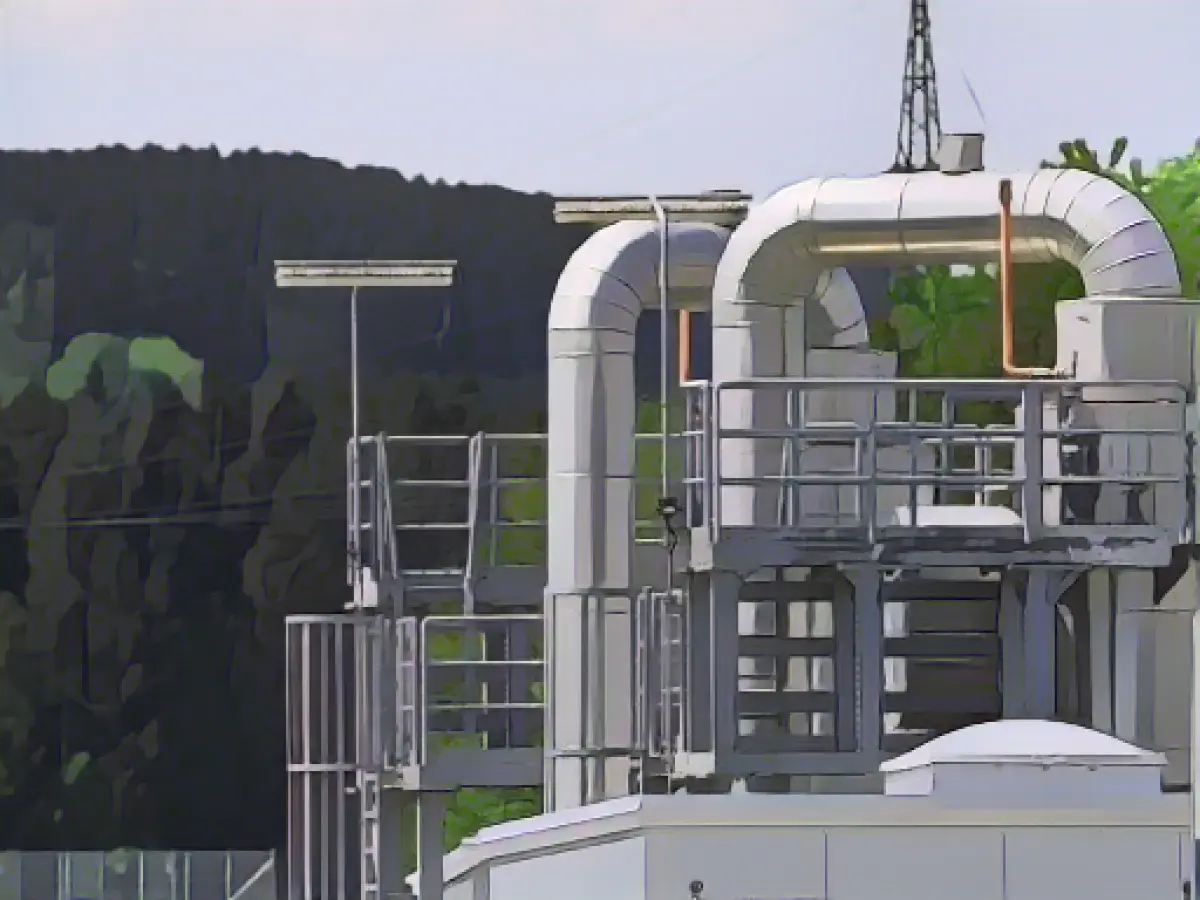Austria's reliance on Russian gas remains significant, despite the ongoing conflict in Ukraine. According to E-Control data, the Russian share of imported gas accounts for an average of 60% this year, with peaks reaching 80%. Experts like Walter Boltz and Gerhard Roiss have expressed concerns about the lack of preparations for potential supply losses from Russia, which could result in price hikes due to capacity limitations on alternative pipeline routes from Germany.
Meanwhile, Austria's energy company, OMV, has secured alternative gas volumes to mitigate supply risks. Despite this, some regional energy suppliers continue to depend heavily on Russian gas. Boltz criticized a passive approach, suggesting that companies are burying their heads in the sand, hoping for the best.
Austria's underground gas storage is currently full, providing a buffer against potential disruptions. The country has also arranged for alternative gas supplies through Italy and Germany, and secured gas from non-Russian sources. Austria is involved in a hydrogen pipeline initiative with Algeria, Italy, Germany, and Tunisia, aiming to reduce reliance on Russian fossil fuels and enhance energy security.
OMV, the Austrian energy company, has won an arbitration award against Gazprom, terminating its long-term supply deal as a result. The European Commission has implemented energy efficiency measures and renewable energy development, reinforcing gas infrastructure with new LNG import capacities since 2022.
In essence, Austria is taking active steps to prepare for potential gas supply disruptions from Russia by diversifying its energy sources and ensuring a robust gas storage capacity. However, concerns remain about the over-reliance of some regional energy suppliers on Russian gas.








